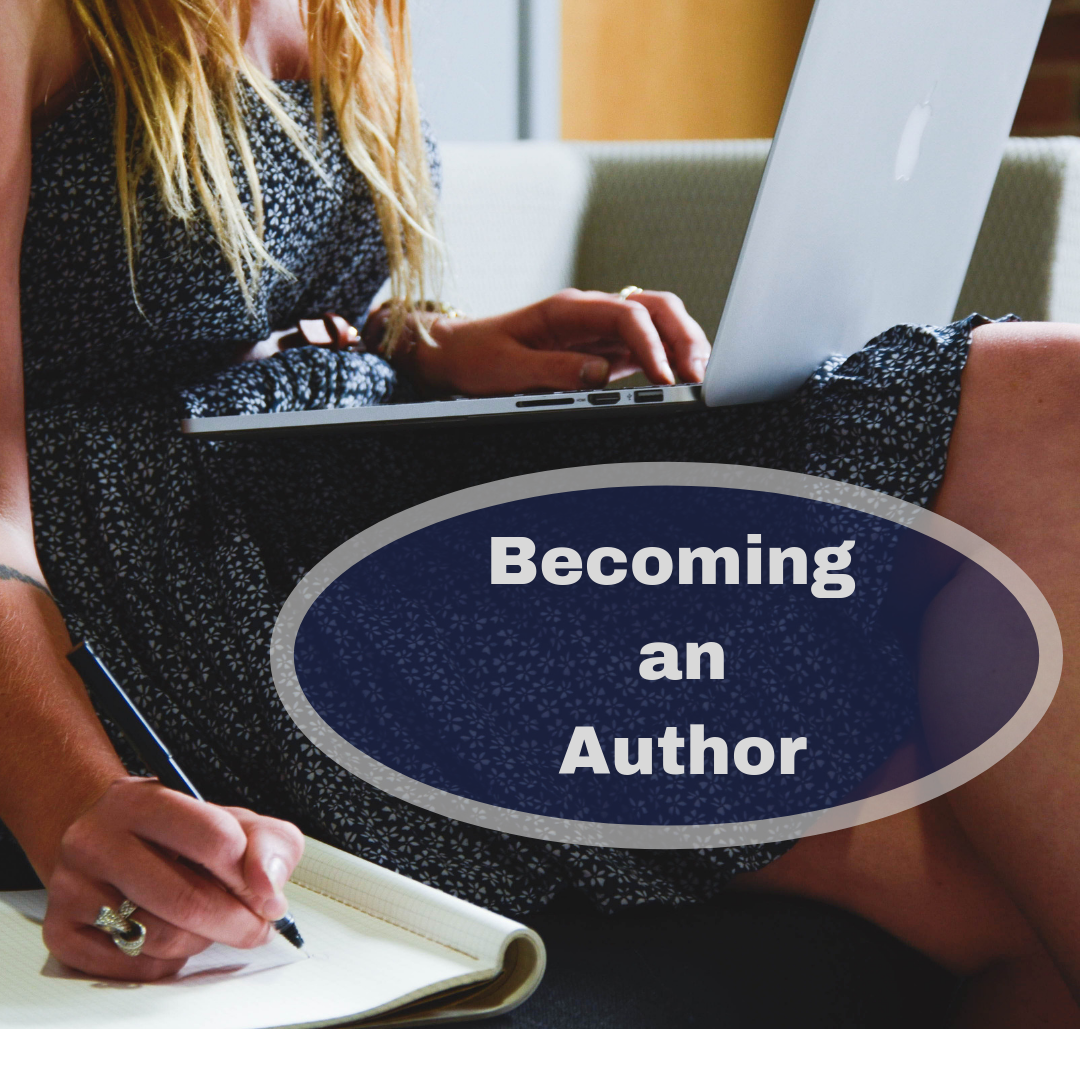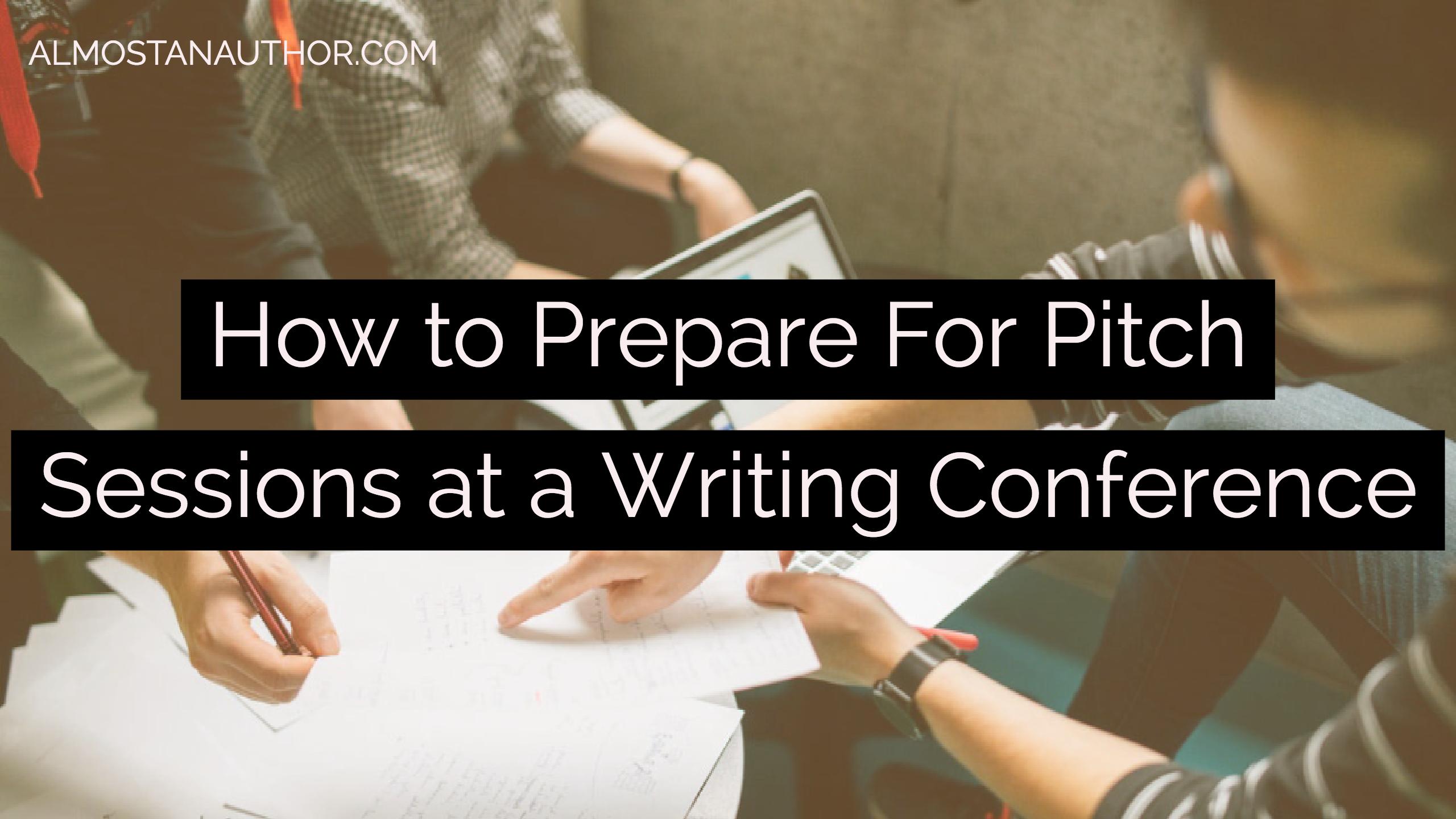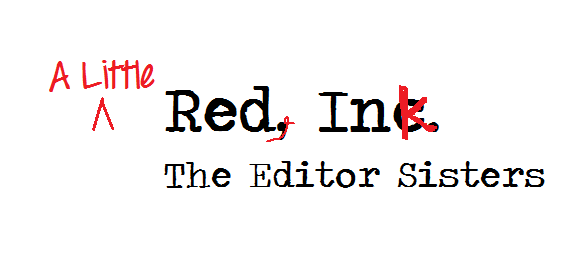
Why Are You The Author?
As an acquisitions editor and a former literary agent, I’ve reviewed thousands of book proposals. For any writer who…
October 25, 2023
As an acquisitions editor and a former literary agent, I’ve reviewed thousands of book proposals. For any writer who…
October 25, 2023
I understand the struggle that aspiring authors often face on their attempt toward publication. Honestly, this is one of…
April 9, 2019
BOOK PROPOSALS IN A NUTSHELL Cherrilynn joins the hosts of Writers Chat to give an overview of Book Proposals.…
June 25, 2018
A good cover letter is like an intriguing door, it invites the agent or publisher into your proposal. The publisher…
February 25, 2018
Why was my proposal rejected? As a submissions reader, I now understand why my past book proposal was not…
January 6, 2018
I attended my first writing conference when I was sixteen-years-old. This is what lead to the publication of my first…
November 9, 2017
Recently a client and I went back and forth several times until we settled on a title for her…
July 30, 2017
Conferences: The Paid Critique So you’re thinking about attending a writers conference, or perhaps you’ve already registered for one.…
July 29, 2016
There it was—the flat tire we dreaded finding. After discovering it flat twice that week, the expected deflation was…
November 1, 2015
Agenting is a lot like being the matchmaker in Fiddler on the Roof. We have the job of searching…
July 23, 2015